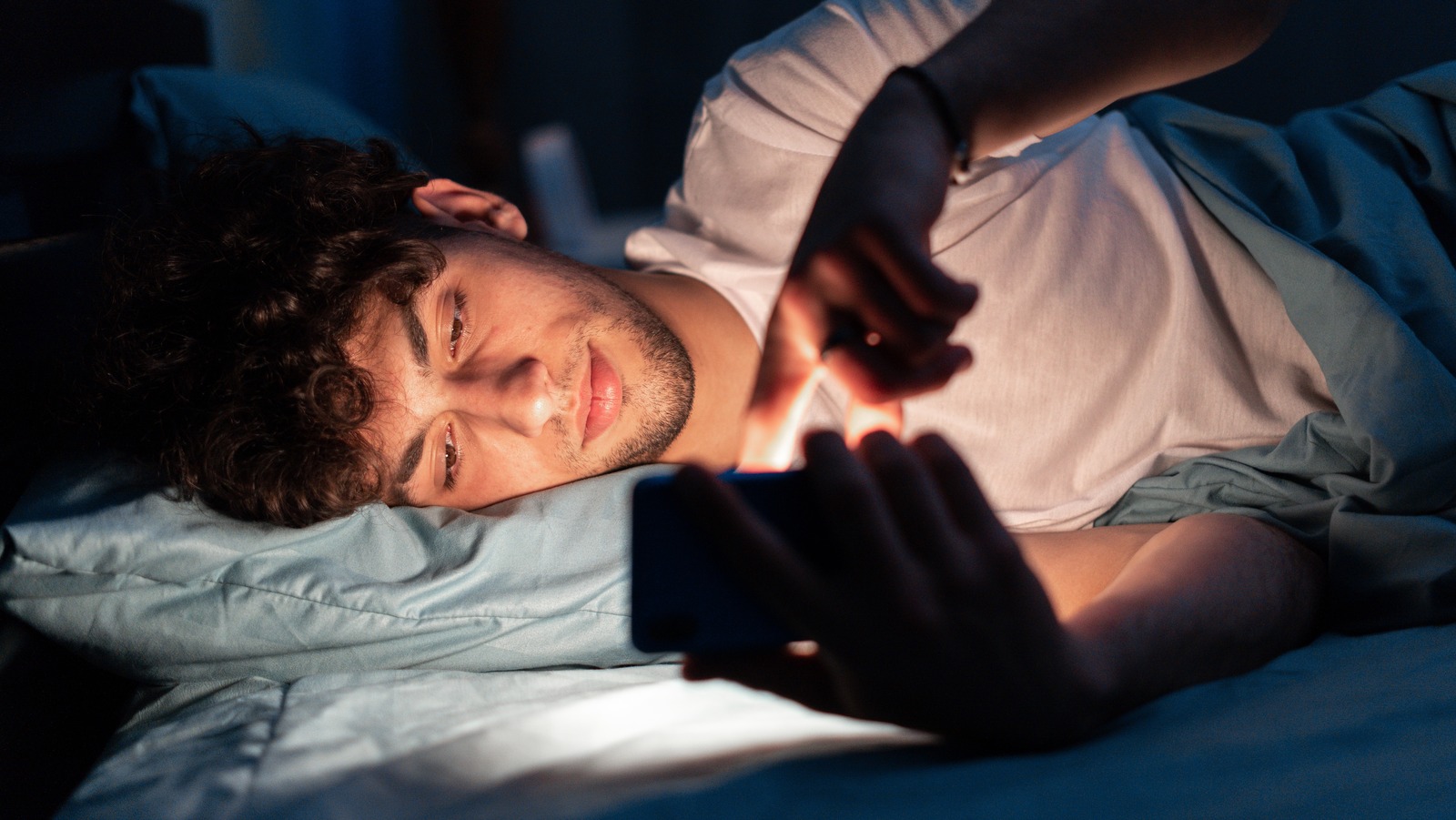
Like eating and drinking well, getting a quality night’s sleep is key to maintaining good physical and mental health. And a new trend has emerged on TikTok showing users promoting a phenomenon called “sleepmaxxing.” On the surface, what sleepmaxxing appears to encourage is positive, but the movement is not without its points of contention.
Sleepmaxxing does not refer to one specific practice, but rather an array of strategies for a good night’s sleep, which can include anything from regular routines to using certain products and gadgets. Many of the tips and tricks you’ll come across are ones that you’ve likely heard before, such as avoiding screens before bed, sleeping in a cold room, no late-night caffeine or alcohol, and winding down before bed. However, other hacks shared on the platform such as taking magnesium, eating kiwis, wearing blue light blocking glasses, and taping your mouth shut might leave you scratching your head.
The upward momentum of sleepmaxxing shouldn’t come as a surprise, given that TikTok’s primary users are millennials and Gen-Zers, who are increasingly conscious of self care and mental health. Regardless, it’s safe to say that some words of advice should be taken with a grain of salt.
Is sleepmaxxing a trend worth following?
In some ways, the sleepmaxxing trend is one worth following, as its primary intent is to have users adopt good sleep habits. Like everything else on social media, it’s unwise to take every word of advice you hear as fact.
Advertisement
Even if the tips themselves have yet to prove harmful, the motivation behind some of them is questionable. Some sleepmaxxing content, particularly from college-aged men, place a lot of emphasis on how good-looking you’ll become by following their advice. For example, in a video from @amir.shami, the user describes the benefits of sleeping on your back by stating, “So the reason you need to sleep on your back obviously is because it makes your face more symmetrical and better-looking … ” followed by him describing how to use a certain filter to assess your face’s symmetry. While good sleep can indeed help improve weight loss and skin health, that shouldn’t your primary reason for seeking help with your sleep.
Some experts recommend staying away from trends like this. Speaking with Cosmopolitan, sleep and respiratory specialist Dr. Alice Hare shared, “We know how central sleep is for our mental health as well as our physical health … On the other hand, attempts to ‘perfect’ sleep can create problems when we try to control the situation too tightly.” Just as with sleep tracking apps, being consumed with sleepmaxxing can potentially spike your anxiety levels and, ironically enough, make it much harder to sleep. At the end, if you’re experiencing serious trouble sleeping, it’s best to consult a health professional.










